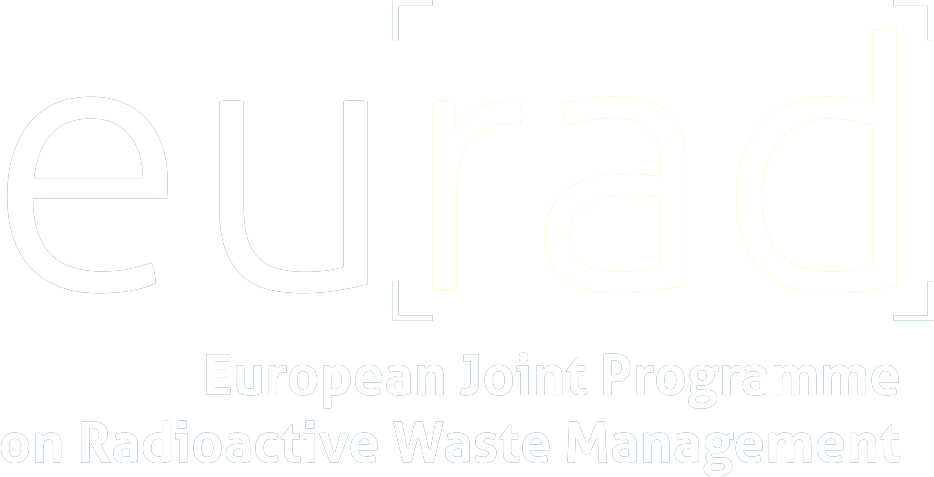Europe’s need for electricity has never been greater, while at the same time it has become crucial to limit our greenhouse gas emissions by favouring “low-carbon” energies. In the European context, nuclear power is an important part of the response to global warming. However, the production of nuclear energy leads to the generation of radioactive waste, ~90% of which is low-level waste, mainly resulting from the operation and dismantling of Fuel Cycle facilities, such as Radioactive Organic Liquids (ROL). The latter are prohibited in their present state in Andra’s disposal sites. The French standard for LORs is incineration, although some are unacceptable in terms of activity and physico-chemical characteristics. One of the prerequisites for waste acceptance in storage is the demonstration of long-term behavior and non-release into the environment. This thesis is part of a project to consolidate a solution for conditioning these organic liquids and demonstrating their long-term behavior.
The thesis will be based on a three-way collaboration between ANDRA, ORANO and the PIMM laboratory at Arts et Métiers in Paris (ENSAM). The aim of the thesis is to understand the mechanisms of degradation and loss of functional properties of a polymer matrix capable of immobilizing organic liquids. One of the specific features of this polymer-based matrix is that it contains micrometric porosities into which liquids are absorbed. To understand the mechanisms at play during aging of the microporous polymer, we’ll use physico-chemical characterizations (FTIR, GPC, DVS, etc.) of samples aged under accelerated conditions. These physico-chemical modifications will then be linked to the physical properties responsible for the proper conditioning of absorbed liquids. All the experimental results should lead to the construction of a model for predicting durability under storage conditions.
As this doctoral thesis is part of the European Eurad 2 project (WP OPERA), which involves a number of countries (Italy, Spain, Belgium, Germany, etc.), the candidate should be comfortable working in international teams. With a Master’s degree (M2) or an engineering degree, the candidate will have trained as a physical chemist. Knowledge of polymers would be highly appreciated. The candidate must be curious, rigorous, autonomous and have a taste for experimentation.
The thesis is based at the PIMM laboratory at ENSAM in Paris: https://pimm.artsetmetiers.fr . The PhD student will be salaried (2100 euros net/month) by the CNRS, the financial operator of the European project. Please send your application by e-mail: CV, covering letter, academic transcripts.
Contacts : bruno.fayolle@ensam.fr, Denise.Ricard@andra.fr ; veronique.blanc@orano.group
Original proposal: click here.


